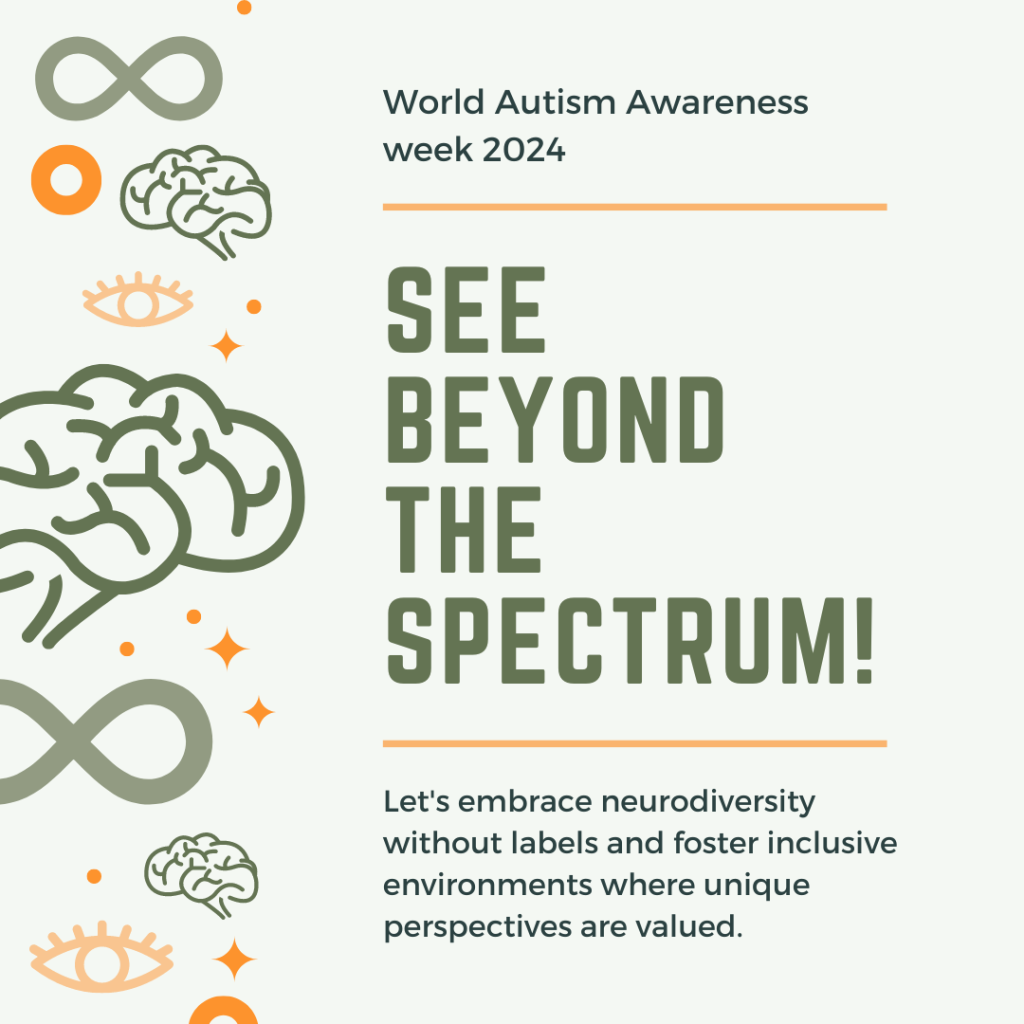
Introduction:
Did you know that March 18-24 marks Neurodivergence Awareness Week? This annual event provides a crucial opportunity to challenge the stigma surrounding neurodivergence. The theme for this year, ‘Empowering Neurodivergent Voices: Building a Culture of Inclusion,’ underscores the importance of embracing diverse ways of thinking.
In our society, there’s a pervasive notion that ‘like minds think alike,’ leading to the labeling of individuals whose minds work differently from the norm. However, it’s time to shift this mindset. Join us, along with millions worldwide, as we raise awareness about the richness of neurodiversity and advocate for a more inclusive and understanding society.
What is neurodiversity?
Neurodiversity celebrates the vast array of human cognition, recognizing that there’s no singular “right” way of thinking, learning, or behaving. Harvard University succinctly captures this concept, highlighting that differences in neurodevelopment are not deficits but unique expressions of human experience.
The term “neurodivergence” encompasses these diverse cognitive patterns, reflecting the complexity and richness of human brains. It’s crucial to understand that neurodiversity arises from a combination of genetic and environmental influences, shaping how individuals perceive and engage with the world around them.
Unlike certain medical conditions, neurodivergence cannot be prevented, treated, or cured; it’s an inherent aspect of human variation.
Historically, societal norms have often favored certain cognitive styles, leading to the exclusion or marginalization of individuals whose thinking diverges from the majority. However, the emergence of the neurodiversity movement in the 1990s marked a shift towards inclusivity and acceptance of neurological differences.
What are the neurodiversity challenges?
While it’s true that some neurodivergent individuals may require additional support, it’s important to recognize the shared challenges across this diverse group. These challenges often encompass areas such as reading and writing, social interactions and communication, coordination, and motor skills, and learning difficulties.
Understanding and addressing these common challenges is crucial for creating inclusive policies and frameworks that cater to the needs of neurodivergent individuals within our society. By acknowledging and accommodating these areas of struggle, we can work towards a more equitable and supportive environment for all.
“Words matter in neurodiversity : Neurodiversity advocates encourage inclusive, nonjudgmental language. “
By Nicole Baumer, MD, MEd, Contributor, and Julia Frueh, MD, Guest Contributor – Havard Blog
Why do we need neurodivergent people in our communities?
The answer is clear: they bring a wealth of talent and skills. Their unique perspective and approach to work and problem-solving can offer fresh insights and innovative solutions.
Call to Action
As we wrap up, we want to offer a valuable resource to kickstart effective communication in your workplace, ensuring inclusivity for all.
Check out this LinkedIn article by Rachel Lowenstein and this Canva template for practical tips that can be tailored to various settings.
We’d also love to hear your thoughts on neurodivergence. Share your insights in the comments below!